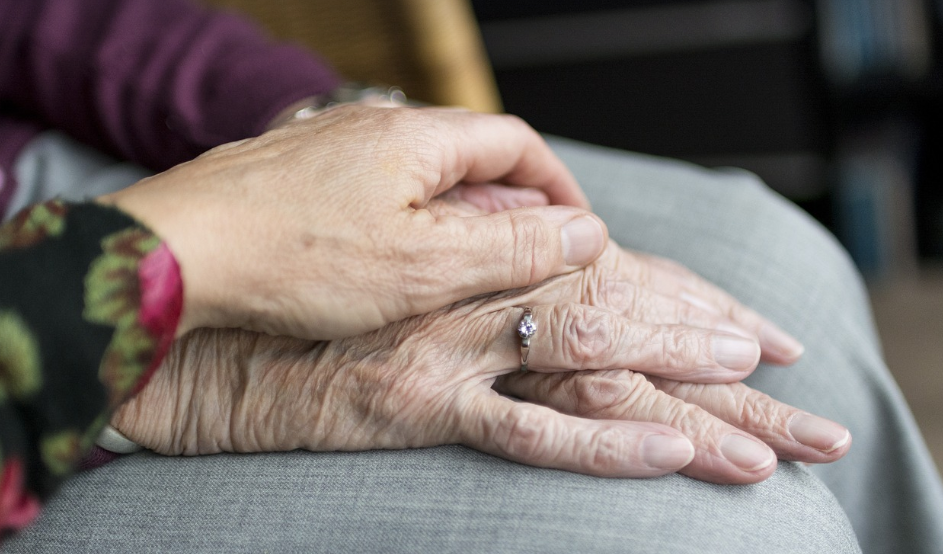A lawsuit can be filed against a nursing home for abuse or negligence that led to injuries of a resident. A nursing home negligence lawsuit can help families recover compensation for their loved one’s injuries and deter a senior care facility from allowing the abuse or negligence to continue to happen to other residents.
The nursing home industry has grown rapidly in recent years due to the aging population and increasing demand for long-term care services. With this growth has come an increased risk of nursing home negligence and abuse, which can have serious consequences for vulnerable residents.
Civil nursing home negligence lawsuits are one way to hold nursing homes accountable for their actions and to deter future negligence. In this article, our nursing home attorneys explore the justification and public policy behind bringing a civil nursing home negligence lawsuit, including the legal and ethical considerations involved.
I. Justification for Bringing a Civil Nursing Home Negligence Lawsuit
A. Protection of Residents’ Rights and Safety
The primary justification for bringing a civil nursing home negligence lawsuit is to protect the rights and safety of nursing home residents. Nursing home residents are often elderly and vulnerable, with limited mobility and cognitive impairment. They rely on nursing home staff to provide care and support, including assistance with activities of daily living such as bathing, dressing, and eating.
When nursing home staff fail to provide adequate care or engage in abusive behavior, residents can suffer serious harm, including physical injuries, emotional trauma, bed sores, and even death. Civil nursing home negligence lawsuits provide a means of holding nursing homes accountable for their actions and compensating residents for their losses.
B. Deterrence of Future Negligence
Another important justification for bringing a civil nursing home negligence lawsuit is deterrence. By holding nursing homes accountable for their actions and imposing financial penalties for negligence, civil lawsuits can deter future negligence and improve the overall quality of care provided in nursing homes.
When nursing homes know that they may be held liable for their actions, they are more likely to take steps to prevent negligence and abuse, such as increasing staffing levels, providing additional training for staff, and improving oversight and accountability.
C. Money Damages
Nursing home negligence lawsuits usually yield aggrieved families monetary damages. Unfortunately, the nursing home victim rarely enjoys this monetary award, due to their advanced age and underlying health issues. Traditionally, families recoup compensation for medical bills, pain and suffering, and loss of quality of life.
A large monetary award can provide some justice for victims and their families.
II. Public Policy Considerations Associated with Bringing a Nursing Home Lawsuit
A. Private Lawsuits Bring Additional Nursing Home Oversight and Expose Abuse
Nursing homes are regulated and monitored by various state and federal agencies. These requirements and regulations came about after a government investigation revealed widespread abuse and neglect in America’s long term care system.
The state and its agencies can enforce regulations via survey citations and administrative hearings. However, elder abuse investigative agencies are often overworked and underfunded. Civil nursing home negligence lawsuits brought by family members contribute to enforcing these regulations. When a civil lawsuit exposes nursing home negligence, oftentimes, a state agency will take the evidence and run a parallel government investigation.
Ultimately, for profit nursing homes primarily care about their profit margins. Government watchdogs impose financial fines to deter bad nursing home behavior. A civil lawsuit does the same thing. The family exacts a monetary settlement or verdict, taking money from the offending nursing home to dissuade it from making the same mistake in the future. Both agency fines and civil lawsuits improve the quality of nursing home care.
B. Access to Justice
Civil nursing home negligence lawsuits also provide a means of accessing justice for victims of negligence and abuse. Many nursing home residents are unable to advocate for themselves or speak out against mistreatment.
Civil lawsuits provide a mechanism for victims and their families to seek justice and hold nursing homes accountable for their actions, even if they are unable to do so on their own.
C. Transparency and Accountability
Civil nursing home negligence lawsuits also promote transparency and accountability in the nursing home industry. By exposing instances of negligence and abuse and holding nursing homes accountable for their actions, civil lawsuits can help to improve public understanding of the risks associated with nursing home care and encourage nursing homes to be more transparent about their practices and policies.
III. Legal and Ethical Considerations
A. Burden of Proof
Bringing a civil nursing home negligence lawsuit requires meeting a high burden of proof. Plaintiffs must prove that the nursing home had a duty of care to the resident, that the nursing home breached that duty of care, and that the breach of duty caused the resident’s injuries or losses.
This can be challenging, as nursing homes often have significant resources and may vigorously defend against allegations of negligence.
B. Statute of Limitations
The Statute of Limitations is the time period a family has to bring a nursing home negligence lawsuit. This varies depending on which state the harm occurred in.
If you try to file your case beyond the statute of limitations period, your claim will likely be barred. Therefore, you should speak with a qualified and specialized nursing home abuse attorney as soon as you suspect your loved one has been neglected.
IV. Conclusion

Initially, the idea of bringing a lawsuit after a family member is harmed or killed in a nursing home may seem odd. What good will money do? It will not undo the harm done or bring your loved one back. However, nursing home negligence litigation is a last line of defense in maintaining the safety of nursing home residents.
Studies have shown that nursing home lawsuits deter corporate ownership from making bad policy decisions.
If you suspect that a loved one has been the victim of nursing home abuse or neglect, it is crucial that you contact a lawyer immediately. At Senior Justice Law Firm, our attorneys specialize in nursing home litigation. We can help your family along the journey to justice.
Call our law firm now at 888-375-9998 or live chat with our office today.











